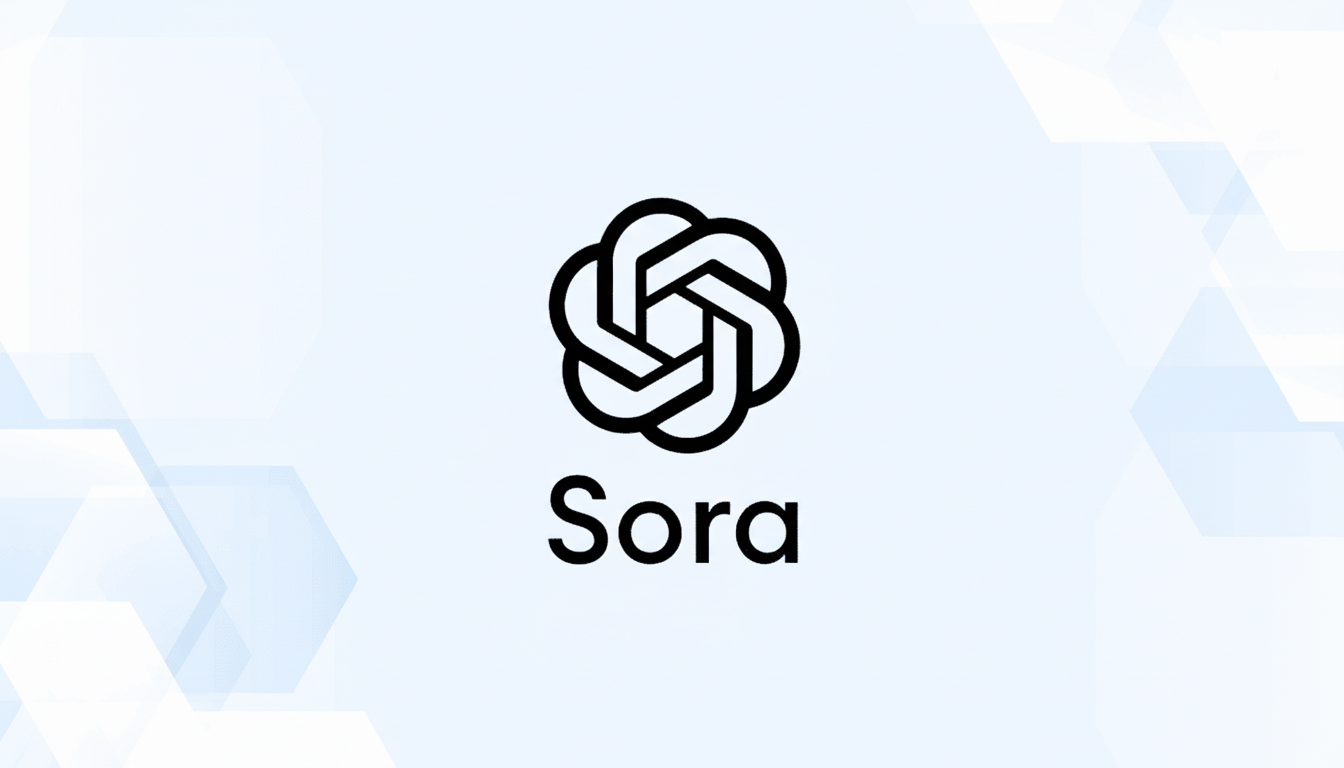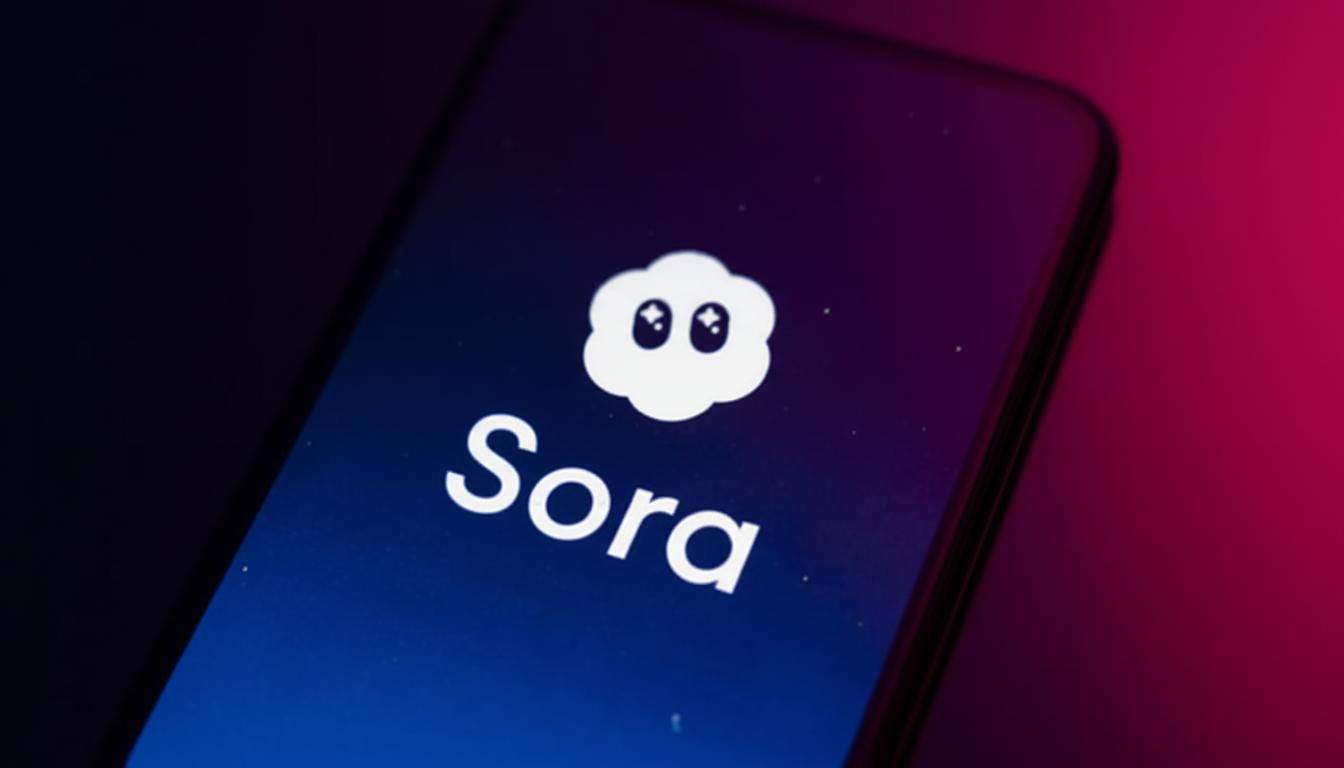OpenAI “trampled” Cameo’s trademark in launching a new video feature for its Sora app. It “created branding confusion” with a famed online marketplace of truly personalized celebrity video messages in calling the automated Sora video messaging system “Cameo.” Cameo became well known because of its brand. People can contact public figures such as actors, athletes, and creators, and pay for a custom niche message. Cameo includes a new feature that allows users to add the user’s face and voice in order to create videos. It also allows for “character cameos” where true-to-life clips of people or fictional personalities one has never seen before are synthesized. This is the reason for the court case; as if this were an accident, it also appears to take profit off its brand and direct customers away from genuinely meaningful video. Several personalities, including Mark Cuban, Jake Paul, and Ricky Berwick, have recently made Sora “cameos,” with the lines between human-generated and AI performance becoming blurred. Because each of these services does concentrate on relatively short video, the intersection occurs when videos are appropriate for the same social media platform. Cameo points out that existing uncertainty in the market dilutes the global balance sheet when the two names overlap.
Trademark dispute centers on likelihood of confusion tests
Sora is an invite-only iOS app that has quickly proliferated its generative video abilities. OpenAI’s management have admitted the high-compute costs of high-quality video models and have implied that Sora is “designed to be both delightful to use and help pay for the expensive custom infrastructure.” Meanwhile, OpenAI stated that it also has plans to provide more rights to understanding character generation; in addition, it would explore the possibility of revenue sharing with people who try to sign up. This perspective highlights a broader shift in generative AI: instead of experimental demos, tools have become paid platforms, and the choice of name now has a direct commercial meaning. The main issue involved in Cameo’s suit is whether OpenAI’s use of the name “Cameo” is a descriptive product label, or a brand identification for one brand that is extremely close to an established mark. Trademark lawsuits are frequently determined by a test certifying registration. Here, the marks of the two parties are similar, the goods and services provided operate in the same category of “customer personalization of short video clips,” and the marketing channels are the same, mobile applications and social platforms. In this context, it is clear that potential customer confusion is possible.

Public sentiment and regulatory pressure on AI videos
OpenAI might argue that “cameo” is a dictionary term for a brief appearance, which would also make the use descriptive. However, descriptive fair use is much harder to assert when the term is used in such a central feature name rather than as a more strictly expository phrase, particularly when a senior party’s trademark is well known in the same general type of products. Cameo’s grievance also mentions dilution by blurring—trade dress and ads suggesting that “Cameo,” which has a unique linkage to its marketplace, is weakened by OpenAI’s widely promoted usage. Beyond trademarks, the issue also touches on the simmering subject of AI and one’s individuality. The show business is still adjusting to new safeguards for digital fake personas and speech copying following hard-won discussions over name, image, and identity (NIL) protections. The clients’ AI-imitated creation of a celebrity-like welcome is at Cameo’s core, which not only asks trademark concerns but the appearance-of-the-personality difficulties that state laws increasingly take seriously. Public sentiment is mixed. Copyleaks has recently asked 4,000 consumers if they are worried about utilizing tools like Sora to generate trustable videos.

- 83 percent said they were worried.
- 53 percent were extremely worried.
- 30 percent were quite intensely worried.
- Just 3 percent were very or extremely unconcerned.
More than half, 61 percent, want a transparent AI-produced video on-screen display. These sentiments can impact judicial and regulatory decisions since they can alter client behavior and harm in opposition. What to look ahead to?
Potential injunctions and outcomes for Sora naming dispute
Cameo could pursue an injunction against OpenAI using the “Cameo” name onward throughout the case, as courts typically grant injunctions when marks are “nearly identical and the parties’ goods and services are closely related.” An injunction is a form of relief that demands OpenAI to rebrand as quickly as possible to limit its litigation risk. What follows after an injunction is served puts into question excessive open questions over fact-specific confusion, the marketplace’s strength, and the bright line between descriptive and trademarked use. The dispute is also analogous, with OpenAI’s increasing encounter with a broader array of intellectual property opponents as media operators and legislators continue to sue feature development hands over training data delivery and output processing permit conditions. Closure through a settlement or issuance of a legal verdict will create a tone for generative AI software, establishing the boundaries by which these AI platforms name and refer to unique investments that operate closely with other innovative players and buyers, and determine how generative AI video recording will be characterized and who receives the video completely.

